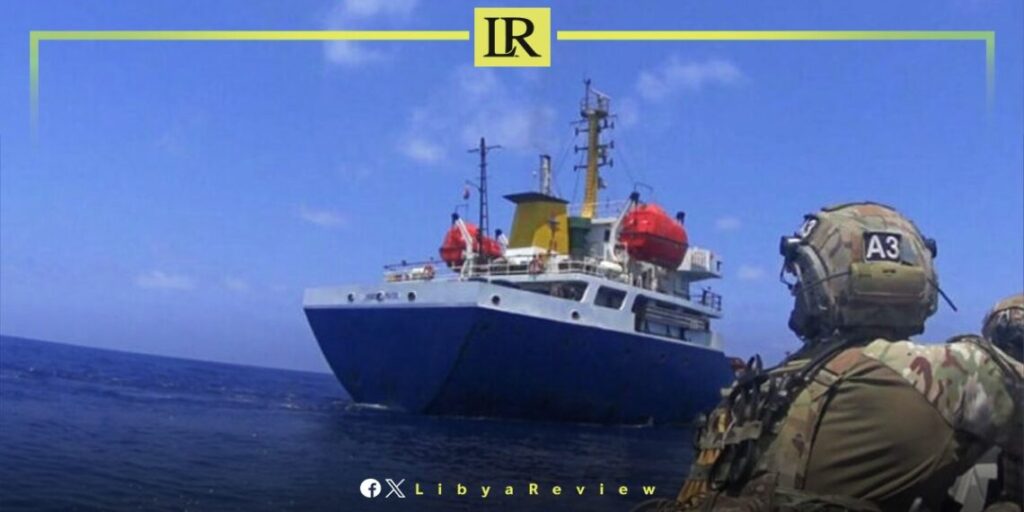The United Nations Security Council has extended its authorisation for member states and regional organisations to inspect vessels suspected of violating the arms embargo on Libya. The extension, granted under Resolution 2780, will last for six more months.
The draft resolution was submitted by France and Greece and adopted with 13 votes in favour. However, both Russia and China abstained, raising concerns about the effectiveness of the mandate. They voiced particular scepticism about the European Union’s Operation Irini, which remains the only active naval mission conducting inspections.
Russia and China also expressed reservations about the disposal mechanisms for seized materials, questioning transparency and accountability in the process.
The resolution allows UN member states and regional bodies, including Operation Irini, to inspect vessels in international waters heading to or from Libya. Such inspections can be carried out if there are reasonable grounds to believe the ships are carrying arms or related materials in breach of the international embargo.
The arms embargo on Libya has been in place since 2011, following the uprising that led to the ousting of long-time leader Muammar Gaddafi. In 2016, the Security Council adopted Resolution 2292, expanding the mandate to include maritime inspections to ensure compliance.
Operation Irini, launched in 2020 by the European Union, has been the primary tool for maritime enforcement of the embargo. Despite its efforts, the operation has faced criticism from some quarters for allegedly being selective in its targeting and limited in scope.
The renewed resolution also requests UN Secretary-General António Guterres to submit a report within five months detailing the implementation of the mandate and its outcomes.
The extension of the mandate comes amid ongoing instability in Libya, with rival factions still vying for control.


